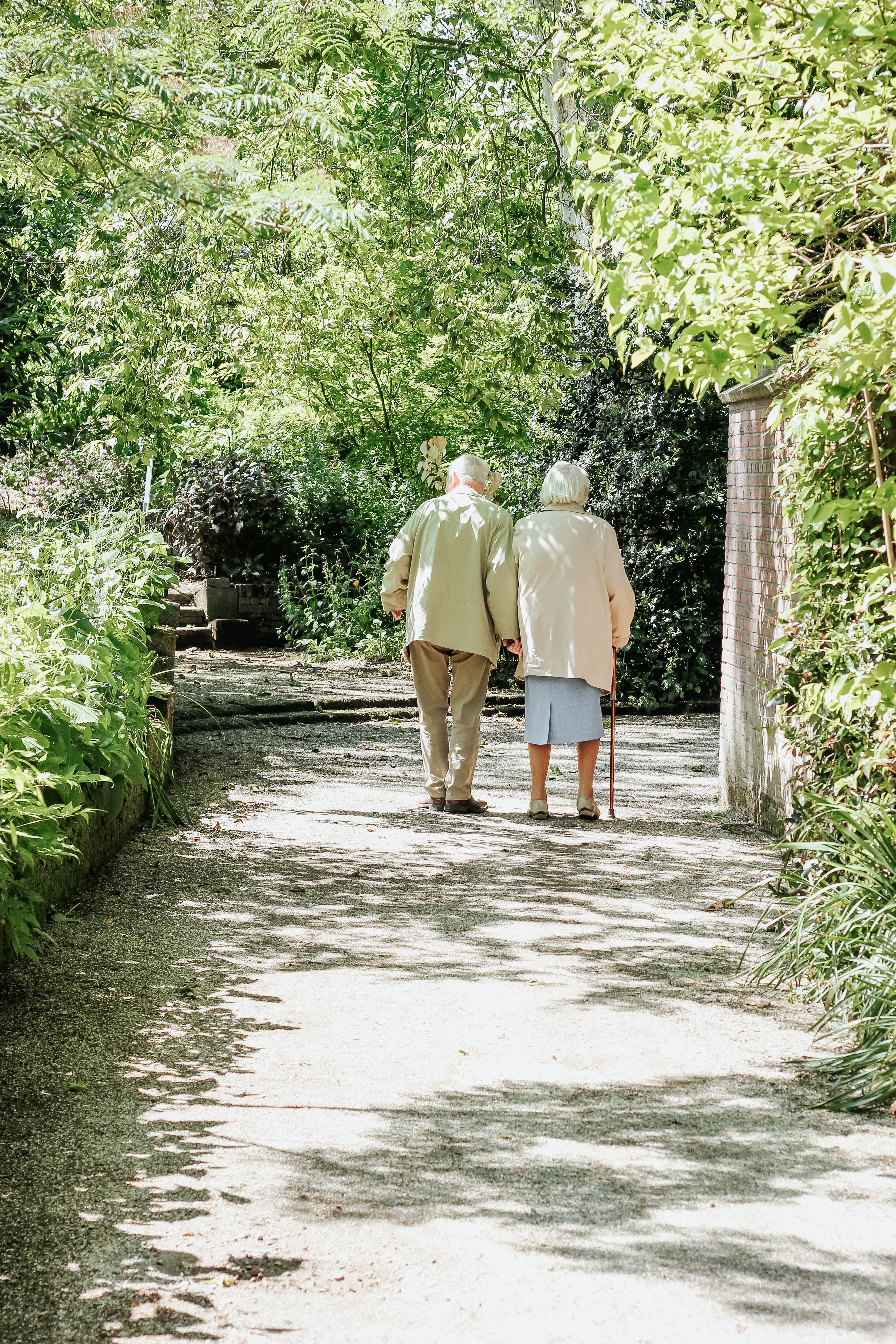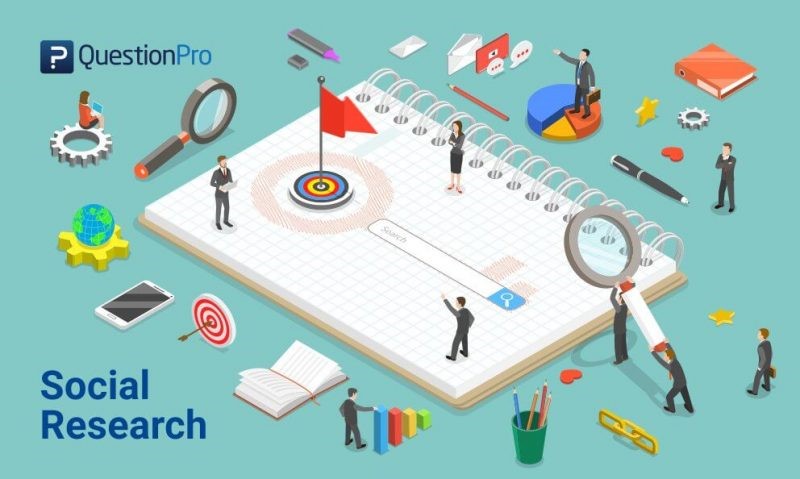
MSW-AE-501 - Soft-skill Imparting and Learning for Professional Advancement (SILPA)
CO1. Soft Skills - Acquire soft skills necessary for social work profession like
communication, decision making, time management, positive attitude, leadership and
self motivation.
CO2. Presentation - Acquire skills in different presentation styles
CO3. Team Work - connect and work with others to achieve a particular task.
CO4. Creativity - create an awareness raising program/advocacy on any contemporary social
issue utilizing the possibilities of social media, communication techniques, art forms,
and theatre.
Outline
There will be twelve sessions of one and a half hour each. The sessions are centered on Life
skills proposed by WHO. The course is designed as hands on training, which are highly
interactive and participative. Attendance and participation in all the sessions is the requirement
of the course.
The sessions include the following:
1. Self-awareness
2. Empathy
3. Creative thinking
4. Critical thinking
5. Coping with stress
6. Coping with emotions,
7. Effective communication and presentation
8. Interpersonal relationship
9. Leadership and organizational skills
10. Decision making
11. Problem solving
12. Career Training

MSW-C-411: DEVELOPMENT OF SOCIAL WORK PROFESSION
CO1. Understand the basic concept of social work and its conceptual clarification regarding
Social Work as a Profession
CO2. Analyze the Philosophical framework of Social Work
CO3. Comprehend major milestone of professional social work in India and international
CO4. Demonstrate the methods and fields of social work with the emerging trends.
CO5. Identify emerging trends in Social Work Education
CO6. Develop critical and creative ability to students for social work intervention and practices

SOC- C-512: SOCIOLOGY OF INDIAN SOCIETY
The Course is expected to bring forth the following Outcomes
Course Outcomes (COs)
CO1. Learners understand the structure and composition of Indian Society in terms of the category of caste
CO2. Learners gain the ability to review the transformation of Indian Society in villages
CO3. Learners are able to analyze the changing dimensions of Indian society
CO4. Learners know the origin of Sociology in India and the latest trends
CO5. Learners critically comprehend different perspectives in studying Indian society

Sociology of Ageing
Course Outcome (Cos)
CO1: Understand the basic concepts of sociology of ageing.
CO2: Analyze the existing problems and challenges of elderly in the modern era.
CO3: Apply the theoretical perspectives of ageing in the actual life.
CO4: Evaluate the affirmative action for the welfare of an elderly
CO5: Critically thinking about the need of care and protection of
Elderly in the family and society and acting accordingly

Quantitative and Qualitative Research
Course Outcomes (COs):
Learners become familiar with the research methods and techniques followed in quantitative, qualitative and mixed research.